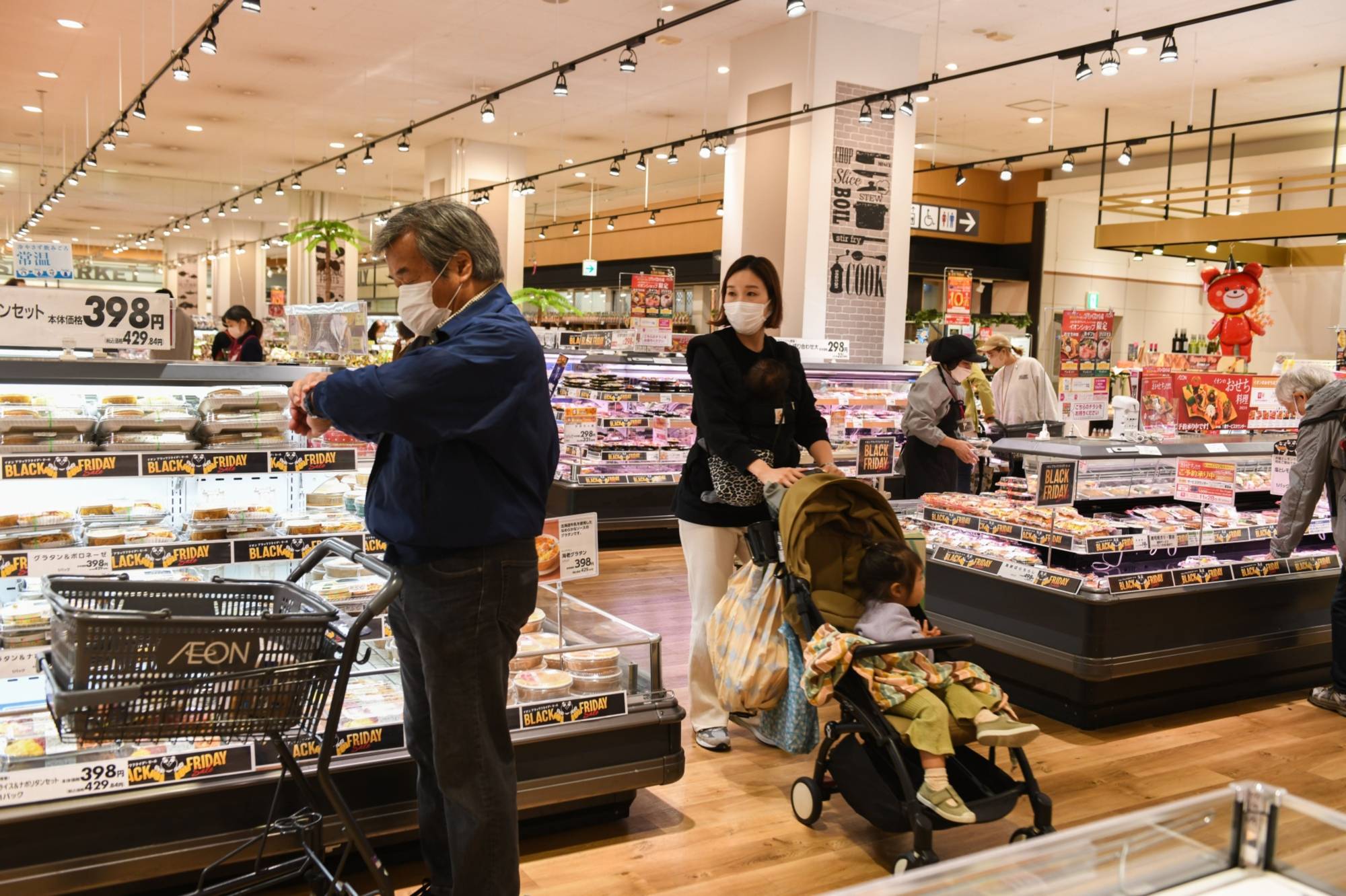Japan’s households have boosted spending by the most in 10 months despite inflation and falling real wages, signaling some resilience in the economy.
Outlays rose 2.7% in January from the previous month, led by increases in transportation, communication and entertainment, the internal affairs ministry reported Friday. Outlays declined a touch more than forecast compared to a year ago.
Friday’s data indicates there was a rebound in consumer confidence at the start of this year despite concerns about higher prices in fuel and daily necessities. The nationwide core inflation sped up beyond 4% in January, doubling the Bank of Japan’s 2% price goal. The solid consumption data could fuel market speculation that the central bank may consider moving toward policy normalization.



















With your current subscription plan you can comment on stories. However, before writing your first comment, please create a display name in the Profile section of your subscriber account page.